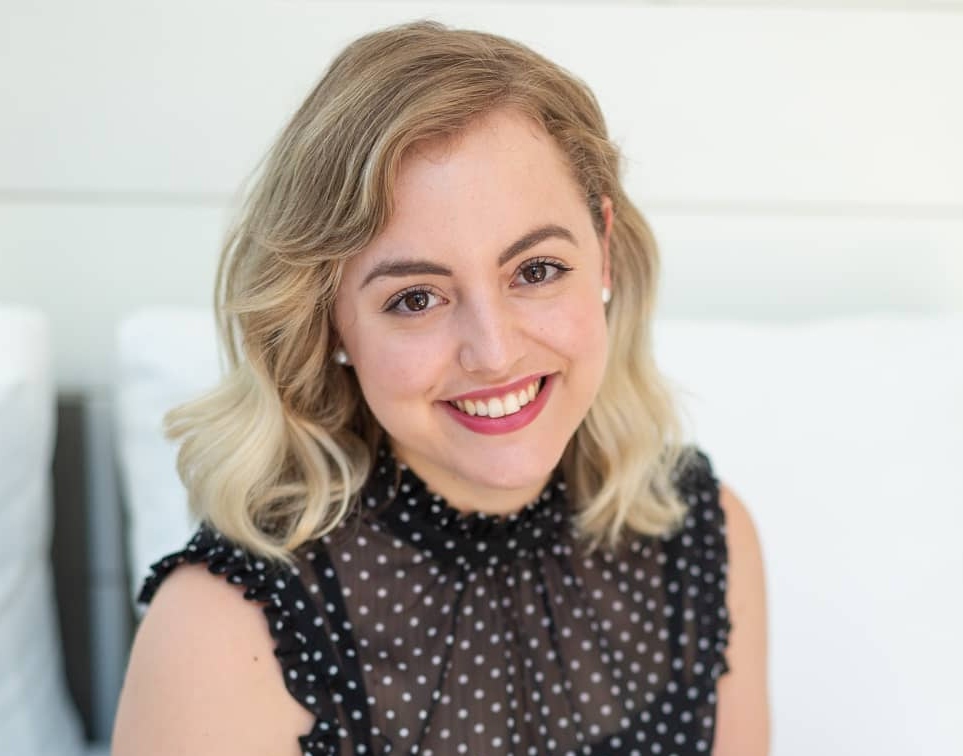Archbishop Vigneron leads rosary at Ste. Anne; black and white Catholic leaders participate in panel discussions on eradicating racism
DETROIT — During a digital panel discussion on race relations June 6, Detroit Auxiliary Bishop Donald F. Hanchon said Catholics need to “name and claim what is going on” in regard to racism in the Church, the United States and throughout the world.
Over the weekend, Church leaders and Catholics throughout the Archdiocese of Detroit began doing just that, hosting prayer services, webinars and discussions to address the deeply rooted issues surrounding race in the 21st century.
On Saturday, Bishop Hanchon took part in a webinar titled “Inherent Dignity: Catholic Teaching & Response to the Sin of Racism,” while on Sunday, Detroit Archbishop Allen H. Vigneron led nearly 150 Catholics in praying for peace and racial justice outside the Basilica of Ste. Anne in southwest Detroit.
A separate forum geared toward African-American Catholics, titled “Responding to the Sin of Racism as a Black Catholic,” took place Sunday at the National Shrine of the Little Flower Basilica in Royal Oak.
The various events were prompted by the death of George Floyd, who died in Minneapolis on May 25 when a white police officer knelt on his neck for nearly 9 minutes, as well as subsequent protests that took place around the world, including in Detroit.
According to Vickie Figueroa, manager of the Archdiocese of Detroit's Office of Cultural Ministries and coordinator of black Catholic ministries, the events are just the beginning of an effort to promote continued dialogue on the topic of anti-racism.
During the Saturday webinar, Figueroa said more than 100 questions came pouring in, giving her hope that people are truly open to change.

“For so long, the Catholic Church has focused inward,” Figueroa said. “We have been all about maintenance and (standing up to racism) would be a great part of our mission of getting the word of Jesus Christ out there and getting the actions out there.”
Figueroa also attended and spoke at the Sunday rosary with the archbishop, urging those present not to make it a one-time event.
Archbishop Vigneron, who spoke to members of the media following the rosary, said the evils of racism “violate the dignity of a human person” and called for change in the Church and in society.

“What’s wrong in our hearts and minds and attitudes that lead to evil action needs to be changed,” Archbishop Vigneron said. “We look to the power of the spirit of Jesus to bring that about.”
During the Saturday panel, which was moderated by, Fr. Theodore Parker, pastor of St. Charles Lwanga Parish in Detroit, panelists began by defining racism — a term that in itself can be uncomfortable.
“Racism is conscious or unconscious, but a person holds that his or her own race or ethnicity is superior and therefore judges other persons or ethnicities as unworthy of equal regard,” said Fr. Parker, who is African-American.
Bishop Hanchon agreed, adding that in many ways the Church — both as an institution and among individuals — has been complicit in allowing racism by not always speaking up when both implicit and explicit acts of racism occur.

Throughout the webinar, which included Figueroa, Fr. Parker, Bishop Hanchon and John Thorne, pastoral minister at Sacred Heart Parish in Detroit and executive director of the Detroit Catholic Pastoral Alliance, the panelists stressed the importance of recognizing racism as a sin, and that recognition as a necessary step toward its eradication.
Jonathan Sanders, the headline speaker for the Sunday event in Royal Oak, said that although his experience as a black Catholic has been mostly positive, it has not been without its challenges.
“Racism by definition divides; it is divisive,” said Sanders, a father of two and a parishioner at Our Lady of Victory Parish in Northville. “We know that we are all created in the image and likeness of God. In fact, if you look at paragraph 41 of the Catechism, it states all creations bear a certain resemblance to God. How we treat God’s creation is how we treat God.”
The archdiocese plans to continue developing events and forums to promote open dialogue about racism, Figueroa said. Future opportunities will be announced as they are developed.









